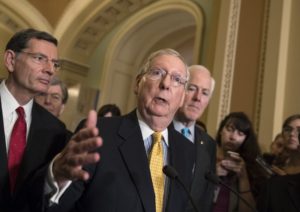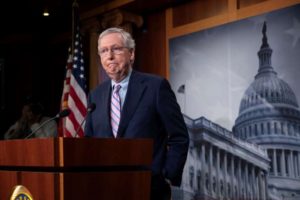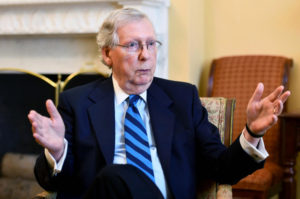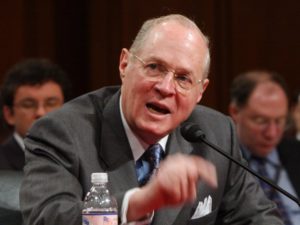I’ll be clear right up front.
Leave the U.S. Supreme Court numerical composition alone!
Some of the Democratic candidates for president of the United States are declaring their discomfort with the fact that the SCOTUS comprises nine justices. They express openness to increasing the number of justices sitting on the nation’s highest court.
Why? Because they dislike the assault on the court mounted by Senate Republicans, notably the refusal by the GOP majority in the Senate to give a Barack Obama nominee a hearing after the death of conservative Justice Antonin Scalia in 2016.
Let’s hold on a minute. Catch our breath. Take a moment or two to think about this.
The SCOTUS has operated for better or worse with nine justices since the founding of the Republic in 1789. The Constitution empowers the president to nominate individuals to serve on the court; it also empowers the Senate to confirm those nominees.
The court as well as the presidency are subject to the ebb and flow of the political tides. Am I happy with the way the Senate stiffed President Obama in 2016 when he nominated Merrick Garland to succeed Justice Scalia? No. I am not! The Senate GOP leadership exercised its political power brazenly and recklessly by denying the president a chance to nominate a highly qualified jurist to sit on the Supreme Court.
But . . . that’s what the Constitution allows!
We all understand that “elections have consequences.” We’re going to conduct a presidential election in 2020. Voters have the chance in November of next year to fundamentally shift the balance of power at the very top of the political chain of command.
I am going to argue that’s the way you bring change to the Supreme Court, not by monkeying around with the number of justices who sit on that bench.
The court and the presidency have survived for as long as there has been a United States of America. So, too, has the nation.
Call me a judicial stick-in-the-mud if you wish. There is no need to overreact.





